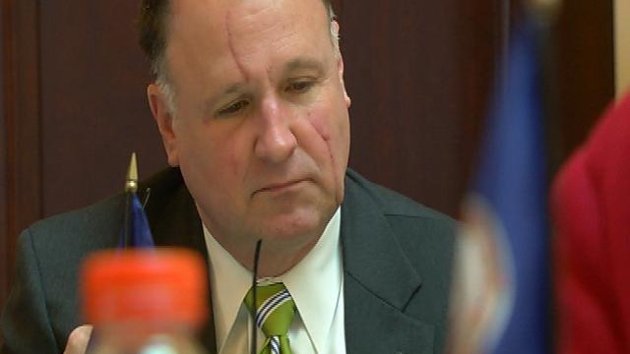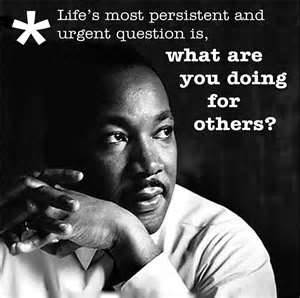
Like Deeds Family, Others Still At Risk
Why is testimony that criticized Virginia’s state mental health department noticably missing from a website that the department created to keep the public informed about a newly appointed mental health task force?
Outgoing Governor Robert McDonnell appointed a task force shortly before leaving office to investigate if the state had sufficient psychiatric hospital beds for Virginians in the midst of a mental breakdown. The governor took action after Austin “Gus” Deeds, the son of state Senator Creigh Deeds, attacked his father with a knife last November before fatally shooting himself. A mental health worker said after the incident that the younger Deeds had been sent home without treatment because there were no beds available in local hospital psychiatric units.
At the task force’s first meeting held January 7th, one of the final witnesses of the day warned that nothing had changed since the Deeds incident to make beds more accessible. In fact, G. Douglas Bevelacqua, the state’s inspector general for behavioral health, warned that people were still being turned away daily in the state — just as the Deeds family was.
Yet his testimony alone seems to be missing from the recorded remarks that everyone else gave.




